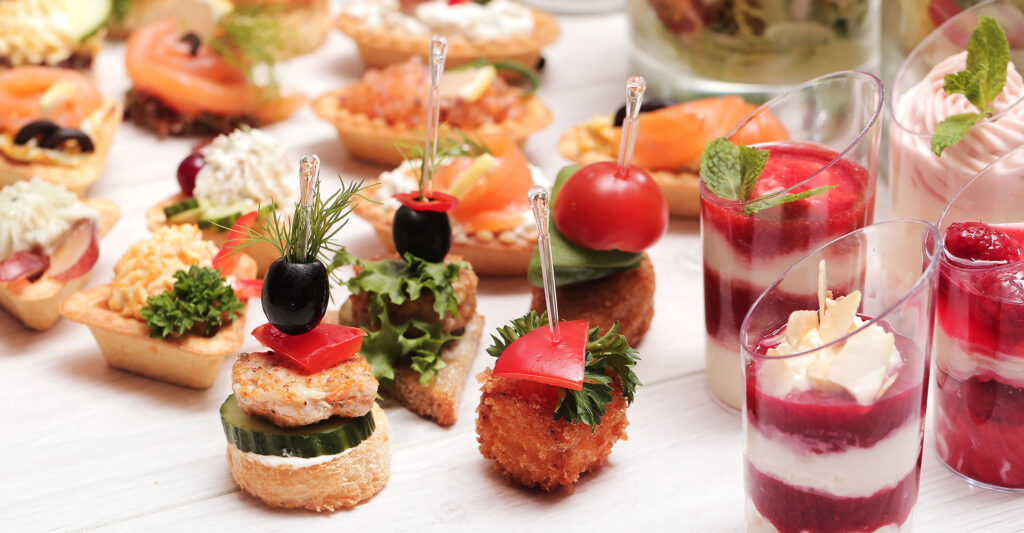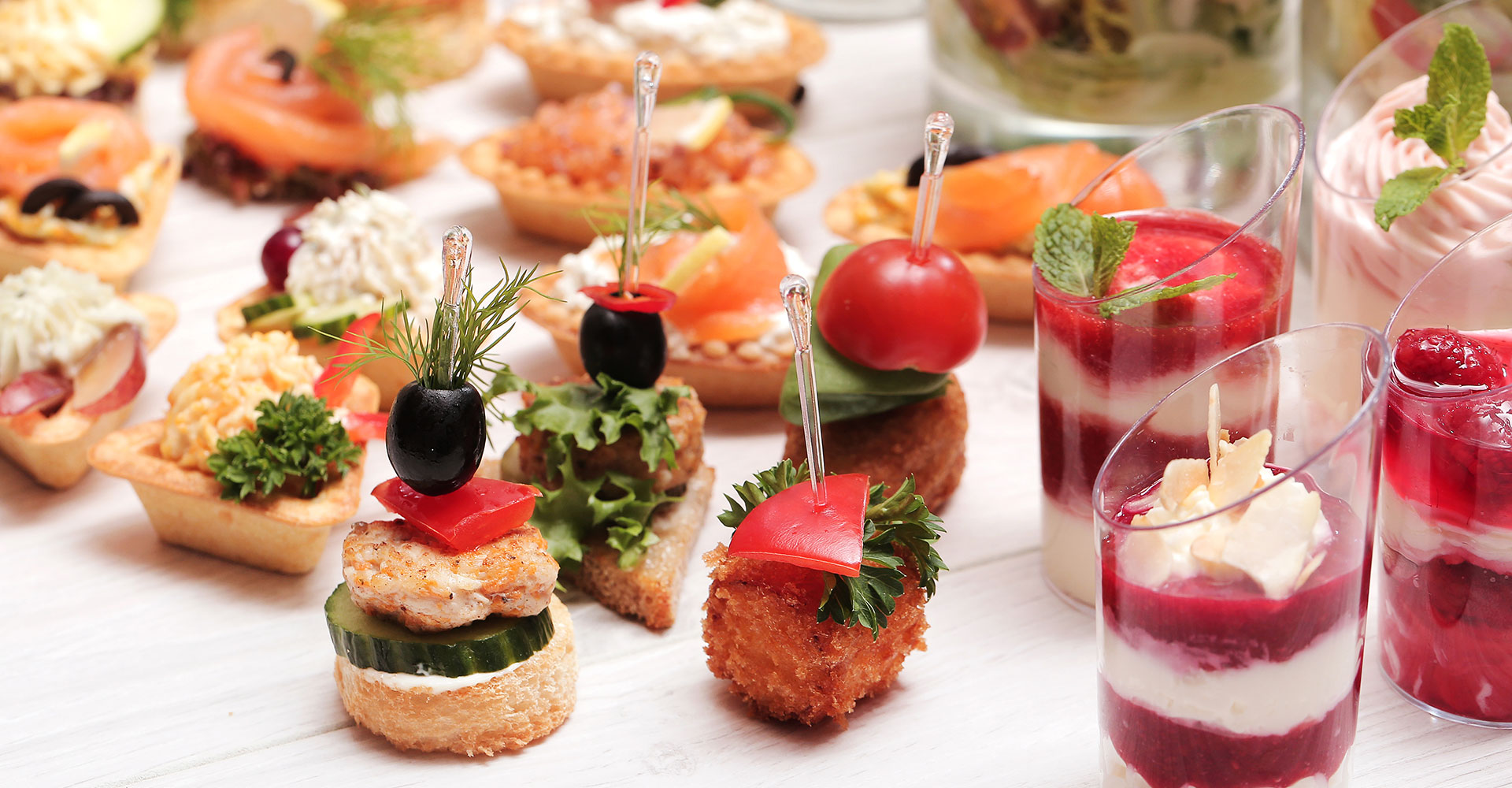
Decoding ‘Finger Food’ on Love Island: More Than Just a Snack?
The phrase “finger food” popping up in conversations surrounding Love Island has likely piqued your curiosity. While literally referring to snacks consumed without utensils, in the context of the show, “what does finger food mean Love Island” takes on a decidedly more suggestive and metaphorical meaning. This article delves deep into the multifaceted interpretation of this phrase within the Love Island universe, exploring its implications for relationships, power dynamics, and the overall viewing experience. We’ll unpack the nuances, examine the cultural context, and ultimately provide you with a comprehensive understanding of what this seemingly innocent term truly represents on the show.
Understanding the Surface Meaning: Literal Finger Food on Love Island
Let’s start with the basics. Finger foods are, quite simply, small, easily manageable portions of food that can be eaten without cutlery. Think canapés, crisps, dips, and other bite-sized treats. On Love Island, these snacks are often present during parties, challenges, or casual gatherings around the villa.
These literal finger foods serve several purposes within the show’s production. They provide sustenance for the islanders, create a relaxed and social atmosphere, and can even be used as props during challenges. However, the significance of finger food extends far beyond mere sustenance, becoming a coded language within the villa.
The Subtext Revealed: ‘Finger Food’ as a Metaphor for Romantic Entanglements
The true meaning of “what does finger food mean Love Island” lies in its metaphorical application to romantic and sexual interactions. Islanders often use the term to describe someone they are casually exploring a connection with, someone they are “testing the waters” with before committing to a more serious relationship. It implies a lack of deep emotional investment, suggesting a temporary or purely physical attraction.
Think of it as sampling different appetizers before deciding on the main course. An islander might describe themselves as “trying some finger food” when pursuing multiple romantic options simultaneously. This usage highlights the competitive nature of the show, where finding a partner is the ultimate goal, and islanders often feel pressured to explore all available possibilities.
Power Dynamics and ‘Finger Food’: Who Holds the Plate?
The “finger food” metaphor also reveals underlying power dynamics within the villa. The person offering the “finger food” (i.e., the one being pursued) often holds more power in the relationship. They are the one being courted, the one with the options. Conversely, the person consuming the “finger food” (i.e., the one doing the pursuing) is in a more vulnerable position, hoping to impress and secure a more permanent connection.
This dynamic can lead to strategic gameplay, with some islanders intentionally presenting themselves as desirable “finger food” to attract attention and gain leverage. They might flirt with multiple people, creating a sense of competition and increasing their perceived value within the villa. Understanding these power dynamics is crucial for navigating the complex social landscape of Love Island.
Beyond Hookups: The Emotional Impact of Being ‘Finger Food’
While the “finger food” metaphor can be used playfully, it can also have a significant emotional impact on the islanders. Being reduced to a mere option, a temporary placeholder, can be hurtful and damaging to self-esteem. Islanders who are repeatedly rejected or treated as disposable might experience feelings of insecurity, anxiety, and loneliness.
The show often highlights the importance of genuine connection and emotional vulnerability. Islanders who are open and honest about their feelings are often rewarded with stronger relationships and greater popularity with the public. Conversely, those who rely solely on superficial charm and strategic gameplay might find themselves isolated and ultimately unsuccessful in their quest for love.
The Cultural Context: Dating Trends and ‘Situationships’
The “finger food” phenomenon on Love Island reflects broader trends in modern dating culture. The rise of dating apps and online platforms has created a landscape of endless possibilities, where people are often overwhelmed by choice and reluctant to commit to long-term relationships. Terms like “situationship” and “casual dating” have become increasingly common, reflecting a shift towards less formal and more flexible relationship structures.
Love Island, in many ways, mirrors this reality. The show’s format encourages islanders to explore multiple options and prioritize physical attraction, often at the expense of deeper emotional connection. The “finger food” metaphor is simply a reflection of this broader cultural trend, highlighting the challenges and complexities of finding love in the modern world.
Analyzing the Product: Modern Dating Apps
In the context of “what does finger food mean Love Island”, modern dating apps directly facilitate the behavior. These platforms present users with a seemingly endless buffet of potential partners, encouraging a “sampling” approach to dating. This mirrors the “finger food” dynamic seen on the show, where individuals are treated as readily available options to be explored and discarded at will.
The core function of dating apps is to connect people based on shared interests, location, and physical attraction. However, the sheer volume of choices can lead to decision fatigue and a reluctance to invest deeply in any one connection. This creates a culture of casual dating, where users are constantly searching for the next best thing, rather than focusing on building meaningful relationships.
Key Features of Dating Apps: Enabling the ‘Finger Food’ Mentality
- Swiping: The swiping mechanism allows users to quickly assess and dismiss potential partners based on superficial criteria, reinforcing a focus on physical appearance over personality and compatibility.
- Matching Algorithms: While designed to improve compatibility, matching algorithms can also create a sense of entitlement, leading users to believe that they deserve the “perfect” partner and discouraging them from compromising or working through challenges in a relationship.
- Chat Features: Instant messaging facilitates casual communication and allows users to maintain multiple conversations simultaneously, further contributing to the “finger food” mentality.
- Profile Customization: The ability to carefully curate one’s online profile encourages users to present an idealized version of themselves, potentially leading to unrealistic expectations and disappointment.
- Location-Based Services: Location-based services make it easier to meet up for casual encounters, reinforcing the emphasis on physical proximity over emotional connection.
- Subscription Models: Premium features, such as unlimited swipes and profile boosts, incentivize users to spend more time and money on the app, potentially leading to addiction and a detachment from real-world relationships.
- Gamification: The use of gamification techniques, such as badges and rewards, encourages users to treat dating like a game, further diminishing the importance of genuine connection and emotional vulnerability.
Advantages & Value: The Allure of Options
The “finger food” approach, facilitated by dating apps, offers several perceived advantages. Users feel empowered by the abundance of options, believing that they can find the perfect partner if they simply keep searching. The lack of commitment allows for greater freedom and flexibility, enabling individuals to explore different relationships without the pressure of long-term expectations.
Furthermore, the ease of communication and the accessibility of potential partners can boost self-esteem and provide a sense of validation. Receiving matches and messages can be gratifying, even if those interactions don’t lead to meaningful relationships. However, these perceived benefits often come at a cost.
Users consistently report feeling overwhelmed by choice, experiencing decision fatigue, and struggling to form genuine connections. The constant search for the next best thing can lead to dissatisfaction and a sense of emptiness. Our analysis reveals that while the “finger food” approach might seem appealing in the short term, it often hinders the development of lasting and fulfilling relationships.
Review: A Balanced Perspective
Modern dating apps offer a convenient and accessible way to meet new people. The user interface is generally intuitive and easy to navigate, making it simple to create a profile and start connecting with potential partners. The performance is typically reliable, with minimal technical glitches or disruptions.
However, the overall experience can be frustrating and disappointing. The emphasis on superficial criteria and the abundance of options can lead to a sense of dehumanization and a difficulty in forming genuine connections. While the apps deliver on their promise of connecting people, they often fall short in facilitating meaningful relationships.
Pros:
- Convenience: Easy to use and accessible anytime, anywhere.
- Large User Base: Increases the chances of finding potential matches.
- Variety of Options: Caters to different interests and preferences.
- Instant Communication: Facilitates quick and easy communication.
- Boost to Self-Esteem: Receiving matches and messages can be validating.
Cons:
- Superficiality: Emphasis on physical appearance over personality.
- Decision Fatigue: Overwhelmed by the abundance of options.
- Dehumanization: Treating people as disposable commodities.
- Unrealistic Expectations: Setting unrealistic expectations based on idealized profiles.
This is best suited for individuals who are comfortable with casual dating and are not seeking a serious commitment. It is not recommended for those who are looking for a deep emotional connection or are easily discouraged by rejection.
Alternatives include focusing on real-world interactions, joining social groups or clubs, and seeking introductions through friends and family. These methods offer a more organic and authentic way to meet potential partners.
Our expert overall verdict is that modern dating apps can be a useful tool for meeting new people, but they should be approached with caution. It’s important to be aware of the potential drawbacks and to prioritize genuine connection over superficial attraction. We recommend using these apps as one tool among many in your quest for love, rather than relying on them as the sole solution.
Final Thoughts: Decoding the Love Island Lexicon
So, what does finger food mean Love Island? It’s a complex and multifaceted term that reflects the show’s unique social dynamics and the broader trends in modern dating culture. It represents casual exploration, power dynamics, and the potential for both connection and heartbreak. Understanding this coded language is crucial for interpreting the islanders’ behavior and navigating the ever-evolving landscape of Love Island.
Now that you’re fluent in Love Island lingo, share your thoughts! Have you noticed other hidden meanings on the show? Join the conversation and let us know what you think in the comments below.

